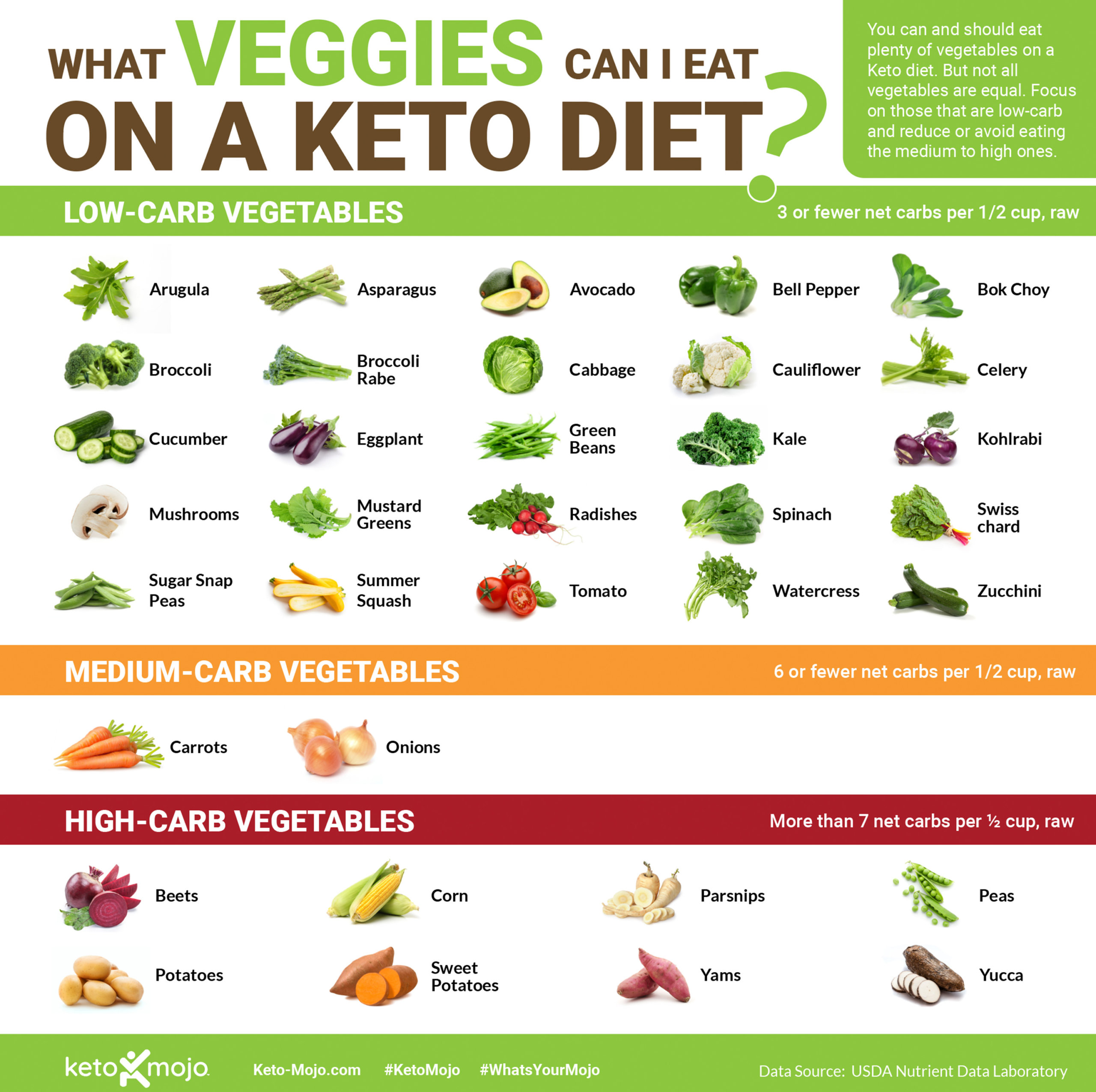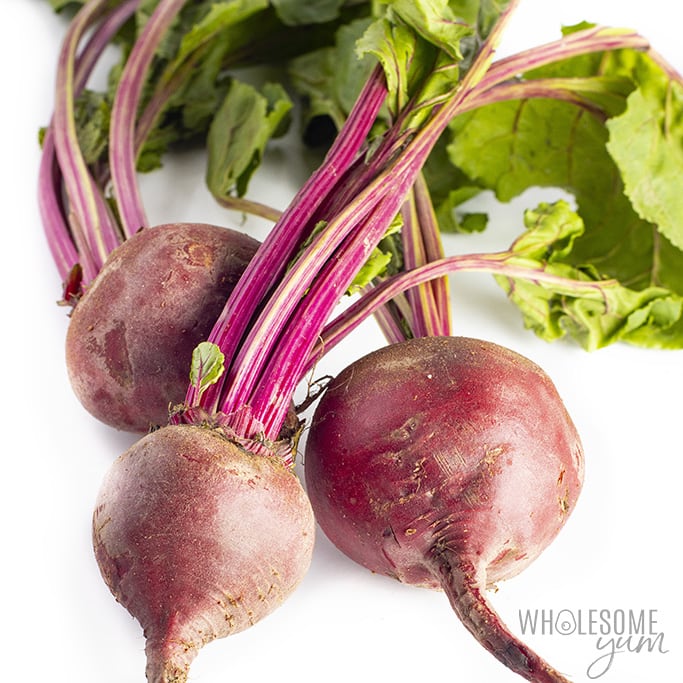While beets boast a brilliant hue and many health benefits, they hold a surprising challenge for ketogenic dieters. These vibrant root vegetables contain more carbohydrates than many keto-friendly foods, sparking debate among nutritionists. Is their nutritional value worth the indulgence?
Historically, beets have been celebrated for their rich nutrient profile, including vitamins, minerals, and antioxidants. However, with around 13 grams of carbs per 100-gram serving, they quickly add up in a diet designed to limit daily carb intake to 20-50 grams. For keto practitioners, beets can be a rare treat rather than a staple.

Understanding the Keto Diet
What Is the Keto Diet?
The Keto Diet is a low-carb, high-fat diet that encourages the body to burn fat instead of carbs. This diet includes foods like meat, fish, and cheeses. It’s known for helping people lose weight quickly.
When you reduce your carb intake, your body goes into a state called ketosis. This is when your body burns fat for energy instead of glucose from carbs. Ketosis can lead to rapid weight loss and increased energy levels.
Many find the Keto Diet challenging due to its strict limits on carbs. However, the high-fat foods allowed can be quite satisfying. With the right preparation, following this diet can become easier.
How Does Keto Work?
The main idea behind the Keto Diet is to switch your body’s fuel source. Instead of burning carbs, your body burns fat. When in ketosis, the liver produces ketones, which become the new energy source.
This switch helps in shedding extra pounds and controlling hunger. It can also improve mental clarity and physical endurance. Many athletes follow a keto lifestyle for these benefits.
It’s important to note that reaching ketosis takes a few days. During this period, you might experience symptoms known as the “keto flu.” These can include headache, fatigue, and irritability.
Keto-Friendly Foods
- Meat and Poultry
- Fish and Seafood
- Cheese
- Low-carb Vegetables
- Healthy Oils and Fats
Eating the right types of foods helps maintain ketosis. Meat and poultry are perfect for the diet as they are low in carbs. Fish and seafood are also excellent choices because they’re rich in healthy fats.
Cheese can be a tasty, keto-friendly snack. Low-carb vegetables like spinach and broccoli are great side dishes. Healthy oils, such as olive oil and coconut oil, are essential for cooking and adding flavor.
Potential Benefits of the Keto Diet
Many people turn to keto for weight loss. However, it also may help improve blood sugar levels. Some studies suggest it can aid in reducing inflammation and improving heart health.
The ketogenic diet helps in managing epilepsy, especially in children. It may also improve brain function and protect against certain diseases. People with type 2 diabetes may find it easier to manage their condition.
While the diet has many potential benefits, it isn’t for everyone. Always consult a healthcare provider before starting a new diet. Ensure that it fits your lifestyle and health needs.
Nutritional Profile of Beets
Beets are not only colorful but also packed with nutrition. They offer a mix of vitamins, minerals, and antioxidants. However, they come with a significant amount of carbohydrates.
Despite the carbs, beets provide essential nutrients that benefit the body. They are high in fiber, vitamin C, iron, and potassium. These nutrients make beets a healthy choice for many diets.
Beets are also known for their ability to improve heart health and reduce inflammation. They contain compounds that can help lower blood pressure. Adding beets to your diet can be beneficial, but moderation is key.
Vitamins and Minerals in Beets
Beets are rich in several crucial vitamins and minerals. Vitamin C and iron are two notable components. Vitamin C boosts the immune system, while iron helps in the production of red blood cells.
Potassium in beets supports heart health and muscle function. Beets are also a good source of folate, which is important for DNA synthesis and repair. These nutrients contribute to the overall well-being.
Let’s look at the nutrient breakdown in 100 grams of beets:
| Nutrient | Amount |
|---|---|
| Fiber | 2.8 grams |
| Vitamin C | 4.9 mg |
| Folate | 109 µg |
| Potassium | 325 mg |
Beets and Antioxidants
Beets are also high in antioxidants, which help protect the body from harmful free radicals. The primary antioxidant in beets is betalain. Betalain gives beets their deep red color and offers anti-inflammatory benefits.
Antioxidants in beets can help reduce the risk of chronic diseases. These include heart disease and some cancers. Consuming antioxidant-rich foods like beets can improve overall health.
Incorporating beets into your meals can be an easy way to boost your antioxidant intake. They can be added to salads, smoothies, or roasted as a side dish. This variety in preparation makes beets a versatile option.
Health Benefits and Considerations
Beets can improve heart health by lowering blood pressure and boosting stamina. They are a great addition to a balanced diet. Their high nitrate content helps widen blood vessels, improving blood flow.
Despite their benefits, the high carb content might not align with low-carb diets. People on a ketogenic diet need to consume them sparingly. Balance is crucial to enjoy the benefits without disrupting diet goals.
If you’re considering adding beets to your diet, it’s important to maintain awareness of their carb content. Pairing them with other low-carb, nutrient-dense foods can help maintain the balance. Consulting a nutritionist can offer more personalized advice.
Carbohydrates in Beets: A Hurdle in Keto?
Beets are known for their vibrant color and rich flavor, but they also come with a high carbohydrate content. A 100-gram serving of beets contains about 13 grams of carbs. This can make it challenging for those following a ketogenic diet.
The Keto Diet emphasizes keeping daily carb intake between 20-50 grams. Even a small serving of beets might take a significant portion of that limit. This is why many keto dieters find beets a tricky addition to their meals.
Despite the high carb content, beets offer essential nutrients that are hard to ignore. They are packed with fiber, vitamins, and minerals. However, the nutritional benefits need to be weighed against the carb intake.
One way to include beets in a keto diet is by limiting the portion size. Small amounts can provide the nutritional benefits without exceeding the carb limit. Another approach is pairing beets with other low-carb foods.
Balancing Beet’s Nutrition with Keto Goals
Balancing the nutrition of beets with keto goals can be challenging but possible. Portion control plays a key role here. Small servings allow you to benefit from their nutrients without exceeding carb limits.
An effective way to include beets is by combining them with low-carb, high-fat foods. For example, adding them to a salad with avocado and olive oil creates balance. This helps you enjoy the taste without hindering ketosis.
Another tip is to focus on meal timing. Eating beets earlier in the day can give your body more time to burn off the carbs. This strategy helps keep your carb count in check by the end of the day.
Using beets as a garnish or side dish rather than the main component can work well. This reduces their carb impact while still offering flavor and nutrients. For instance, sprinkle beet shreds on top of a keto-friendly soup.
For those strongly committed to keto, beet supplements are an alternative. They offer the nutritional benefits without the bulk of carbs. However, it’s essential to check for hidden carbs in these supplements.
Being mindful of the carbohydrate content in all food items is crucial. This attention ensures that your overall diet remains low in carbs. Balancing beet intake with keto goals requires careful planning but is achievable.
Alternatives to Beets in a Keto Diet
If beets’ carb content doesn’t align with your keto goals, several low-carb alternatives can offer similar nutritional benefits. Radishes, for example, are an excellent substitute. They have a similar texture and can be used in various dishes.
Spinach is another great leafy option that fits well in a keto diet. It is low in carbs but high in essential nutrients like iron and calcium. Add it to salads, smoothies, or sauté it as a side dish.
Zucchini is versatile and can be used in place of beets in many recipes. It is low in carbs and can be spiralized into noodles, grilled, or baked. This vegetable adds bulk to your meals without adding many carbs.
- Radishes
- Spinach
- Zucchini
- Cauliflower
- Broccoli
Cauliflower is another fantastic substitute. It can be mashed, riced, or even roasted, mimicking the texture of beets. The versatility of cauliflower makes it a keto favorite.
Broccoli provides a similar crunch to beets and is low in carbs. It is also packed with vitamins A and C. Include it in soups, casseroles, or simply steam it for a healthy side.
Choosing these alternatives can help you stay on track with your keto diet. They offer essential nutrients while keeping your carbohydrate intake in check. This balance allows you to enjoy diverse, flavorful meals without disrupting ketosis.
Expert Opinions on Beets and Keto Diet
Many health experts have weighed in on the role of beets in a keto diet. While some are cautious, others believe beets can be included in moderation. Nutritionist Dr. Jane Smith states that portion control is key.
Dr. Mark Hyman, a well-known advocate of low-carb diets, suggests that beets can fit into a keto diet with careful planning. He highlights the importance of balancing beets with other low-carb foods. This helps to keep within the daily carb limit while still enjoying beets.
Dietitian Sarah Johnson emphasizes that the nutritional benefits of beets should not be ignored. While they are high in carbs, beets are also rich in essential vitamins and minerals. She recommends consuming small portions alongside high-fat foods.
Table: Expert Opinions on Beets in a Keto Diet
| Expert | Opinion |
|---|---|
| Dr. Jane Smith | Advocates portion control when including beets |
| Dr. Mark Hyman | Supports balanced intake with low-carb foods |
| Sarah Johnson | Recommends small portions for nutritional benefits |
Other experts, like Dr. Paul Mason, caution against frequent intake of beets on a keto diet. He argues that the high carb content can disrupt ketosis. He suggests opting for lower-carb alternatives whenever possible.
Personal trainers like Emily Wilson note that active individuals may tolerate beets better. Their higher energy expenditure allows for a slightly higher carb intake. She still advises monitoring carb intake closely.
While opinions vary, the consensus is that beets should be consumed mindfully. Balancing them with other keto-friendly foods is essential. Consulting with a healthcare professional can provide personalized advice.
Key Takeaways
- Beets have around 13 grams of carbs per 100-gram serving.
- This high carb content makes beets less suitable for keto diets.
- To include beets in keto, careful portion control is needed.
- Beets offer valuable nutrients like fiber, vitamins, and minerals.
- Consult with a healthcare professional for personalized keto advice.

Frequently Asked Questions
Here are some common questions and answers regarding the relationship between beets and a ketogenic diet. These aim to provide clarity and insights for those considering their dietary options.
1. How many carbs are in beets?
A 100-gram serving of beets contains approximately 13 grams of carbohydrates. This makes them quite high in carbs compared to other vegetables typically consumed on a keto diet.
Due to their carb content, consuming large portions of beets can easily exceed daily carbohydrate limits set by the keto diet. Careful portion control is necessary if you wish to include beets in your keto meal plan.
2. What are low-carb alternatives to beets?
If you’re looking for low-carb substitutes, consider vegetables like radishes, spinach, and zucchini. These veggies offer similar nutritional benefits without the high carbohydrate content found in beets.
You can use these alternatives in various recipes where you might typically use beets. For example, radishes can provide a similar texture, while spinach offers essential nutrients like iron and calcium.
3. Can I eat beet greens on a keto diet?
Beet greens are much lower in carbs compared to beet roots and can fit more easily into a keto diet. They provide valuable nutrients such as vitamins A, C, and K as well as fiber.
You can incorporate beet greens into salads or sauté them with healthy fats like olive oil or butter for added flavor and nutrition, making them a versatile option for keto meals.
4. Do cooked beets have fewer carbs than raw beets?
The cooking method you choose won’t reduce the total carbohydrate content significantly; both raw and cooked beets have around the same carb count per serving.
Cooking may break down some fibers but doesn’t drastically change the overall carbohydrate content. Therefore, both forms need careful portion control when included in a ketogenic diet.
5. Is it okay to have pickled beets on keto?
Pickled beets often contain added sugars that increase their total carbohydrate count even more than fresh or cooked varieties.
This makes them less suitable for a ketogenic diet unless specifically prepared without sugar.
If you want to enjoy pickled flavors while sticking to keto principles,
preparing your own at home allows better control over ingredients
and ensures they remain as low-carb as possible.

Conclusion
While beets offer a wealth of nutritional benefits, their high carbohydrate content presents a challenge for those on a ketogenic diet. Careful portion control can help some keto practitioners include them without disrupting ketosis. However, for strict keto followers, exploring low-carb alternatives like radishes and spinach may be more suitable.
Ultimately, the decision to incorporate beets into a keto diet requires a balanced approach, considering both their carb content and nutritional value. Consulting with healthcare professionals ensures that dietary choices align with personal health goals. This thoughtful strategy helps maintain the benefits of a keto lifestyle while enjoying a diverse range of foods.
